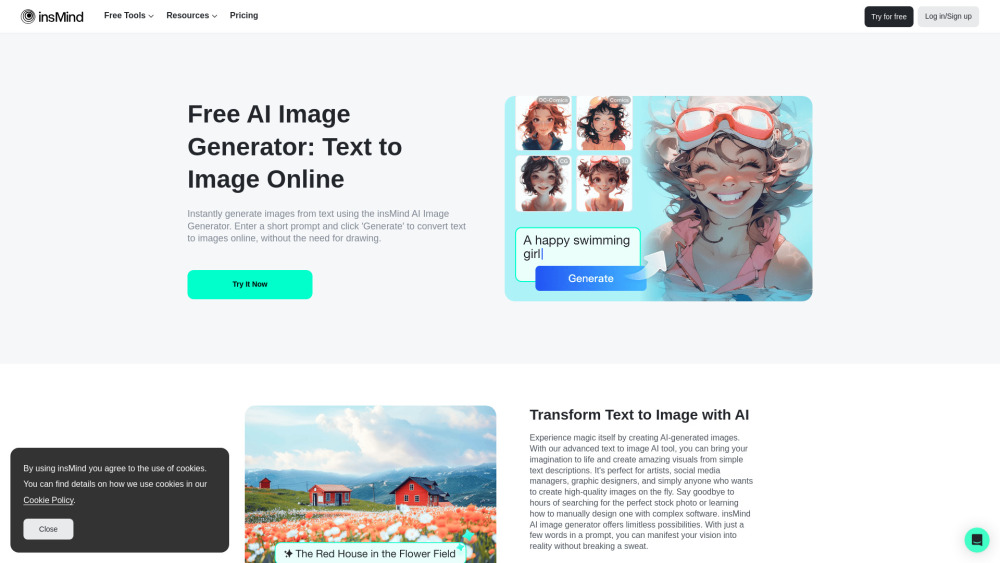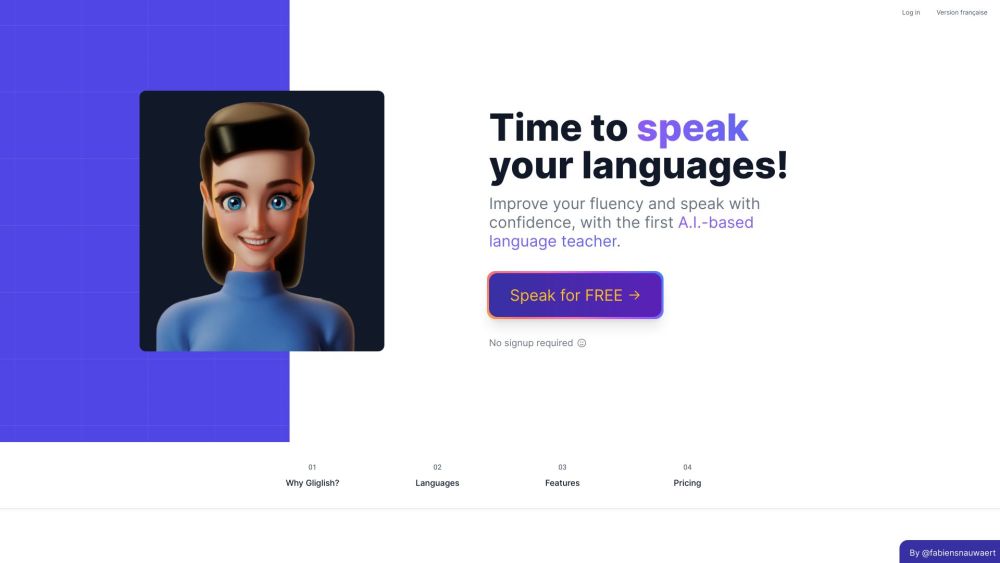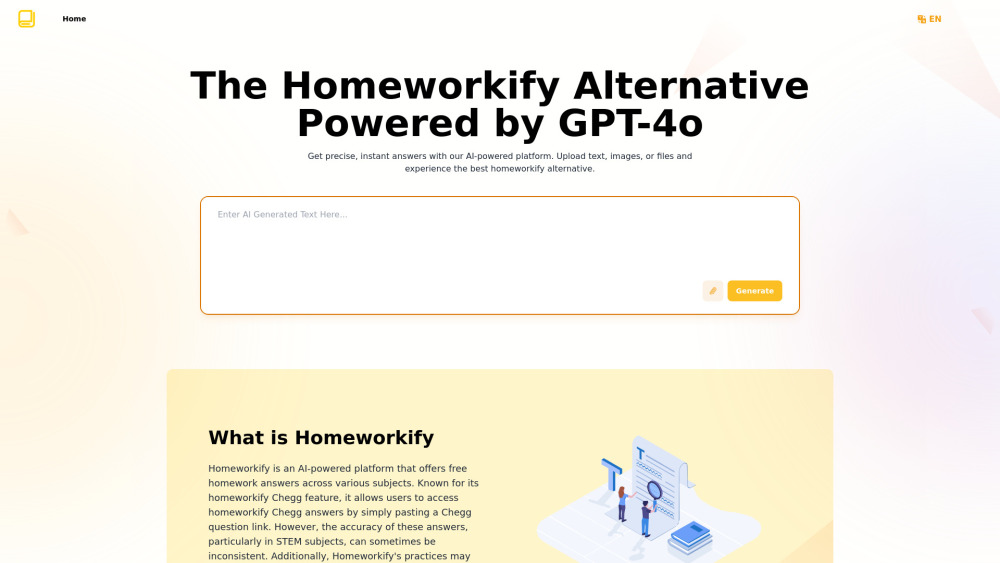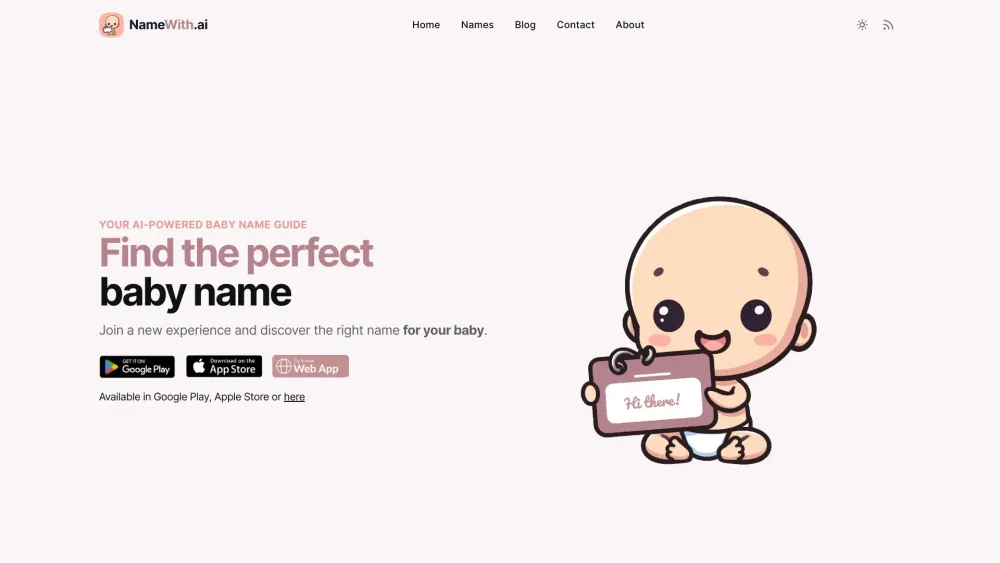“AI for the rest of us.” This phrase encapsulated Apple Intelligence's introduction at WWDC 2024, marking a strategic move against Microsoft’s newly launched Copilot+ PCs. With the rapid advancements in AI, Apple unveiled a range of features that transform your Mac, iPhone, and iPad into powerful AI-driven devices.
Unlike Microsoft, which has the advantage of extensive data centers and a strong partnership with OpenAI, Apple is already leading the AI competition. Even before exploring Apple Intelligence, it's clear it offers users more than what Copilot+ can provide.
New Software, Not New Hardware
Apple Intelligence shines because you don’t need to invest in new hardware. While the AI features of Copilot+ PCs are appealing, they demand a minimum investment of $1,000 for compatible laptops. Even as new AMD and Intel laptops emerge, they won’t benefit from integrated AI capabilities. In contrast, Apple’s strategy requires no additional purchases.
Apple emphasizes that its M-series chips and A17 Bionic already include AI hardware. This means you don’t have to buy a specific MacBook or trade in your iPhone. Over the years, Apple has developed an ecosystem ensuring that users can access Apple Intelligence with devices they already own. Even if Copilot+ offered superior features (which it doesn’t), Apple’s ability to provide these enhancements for existing devices is significant.
With Apple Intelligence, there’s no risk in exploring AI features, and no financial burden either. If you own a MacBook, Mac desktop, iPad, or iPhone, you can seamlessly update to Apple Intelligence for free. This approach incentivizes users to engage with Apple’s AI innovations, rather than searching for them elsewhere.
While some early adopters may opt for a Copilot+ PC, widespread adoption of these features will take time. Apple’s AI tools offer immediate access to a larger user base, an advantage for a technology that is still determining its overall impact on our daily lives.
The Ecosystem Advantage
Beyond being a free update, Apple Intelligence extends its functionality across multiple device categories, integrating Macs, iPhones, and iPads in a cohesive ecosystem. Meanwhile, Copilot+ is limited to laptops. This positions Apple in a league of its own, regardless of Copilot+’s capabilities.
Apple’s ecosystem has long been a point of strength that competitors struggle to match. Unlike Microsoft’s fragmented efforts with screen mirroring and notifications, Apple’s interconnected system, especially with the upcoming macOS 15’s iPhone Mirroring feature, highlights the unique potential of combining AI across devices.
For example, you can take a photo on your iPhone, access it via AI search on your Mac, and create new versions on your iPad. This collaboration illustrates the powerful capabilities AI can deliver directly to users.
Conversely, Microsoft requires users to purchase new laptops that meet specific Copilot+ standards. Once acquired, AI functionalities are limited to that device, leaving other devices like phones and tablets out of the experience.
Comprehensive AI Features Across the System
Apple Intelligence has a substantial head start over Copilot+, particularly when considering the variety of actual AI features available. The standout feature in Copilot+ is Recall, which enables AI-driven search capabilities across your Windows PC, allowing users to reference websites, messages, and photos. Microsoft offers additional features like integration in Microsoft Edge, Live Captions, and image generation in Paint.
Apple matches many of these capabilities. Apple Intelligence provides tools for proofreading and rewriting text, similar to Copilot, and can generate images akin to Microsoft Designer. Siri enhances system troubleshooting and accessibility, working cohesively with all your applications. Unlike Copilot, Apple Intelligence doesn’t require you to switch between apps; it operates wherever you need it.
Apple has also introduced App Intents, allowing developers to incorporate Siri into their applications, facilitating seamless communication between devices and apps. For instance, Siri can automatically fill out forms using information from your ID photo, streamlining tasks across the system.
Along with cross-system accessibility, Apple boasts additional features such as Genmoji, which creates custom emojis, and Image Wand, which transforms rough sketches into AI-generated images. You can even request Apple Intelligence to compile a movie using photos and videos based on your prompts.
Overall, the critical difference is accessibility. Microsoft’s Copilot+ doesn’t offer a consistent AI experience across devices, requiring specific app prompts to engage with AI capabilities.
Prioritizing Privacy
Apple's significant advantage in the AI landscape lies in its commitment to user privacy. At WWDC, Apple emphasized that Apple Intelligence operates locally on devices rather than relying on cloud processing. As Apple stated, "You should not have to hand over all your details to be processed in someone’s warehouse AI cloud."
While Apple acknowledges that AI features can use the cloud, they employ the Private Cloud Compute architecture, ensuring that data isn’t stored, and independent security researchers can verify this commitment.
Microsoft, too, has addressed privacy concerns regarding Copilot+, especially after backlash over Recall. While processing occurs locally on PCs, some features still rely on cloud processing, raising privacy questions.
Despite appearing similar on the surface, their approaches to privacy differ significantly. Apple enjoys robust user trust, while Microsoft faces skepticism due to its longstanding issues in user experience and privacy management.
Apple's reputation for prioritizing privacy offers a more secure experience, making users more comfortable with its AI solutions compared to Microsoft.
AI for Everyone
With the label of “AI for the rest of us,” Apple is transforming how users interact with AI. The company frames AI as a feature designed to enhance user experiences, rather than a complex, costly novelty. Apple simplifies access to AI without requiring users to navigate compatibility issues or grapple with privacy concerns.
While Microsoft leads certain aspects of AI, particularly in data centers, when it comes to consumer devices, Apple is outpacing Microsoft in delivering accessible, privacy-centered AI solutions.




